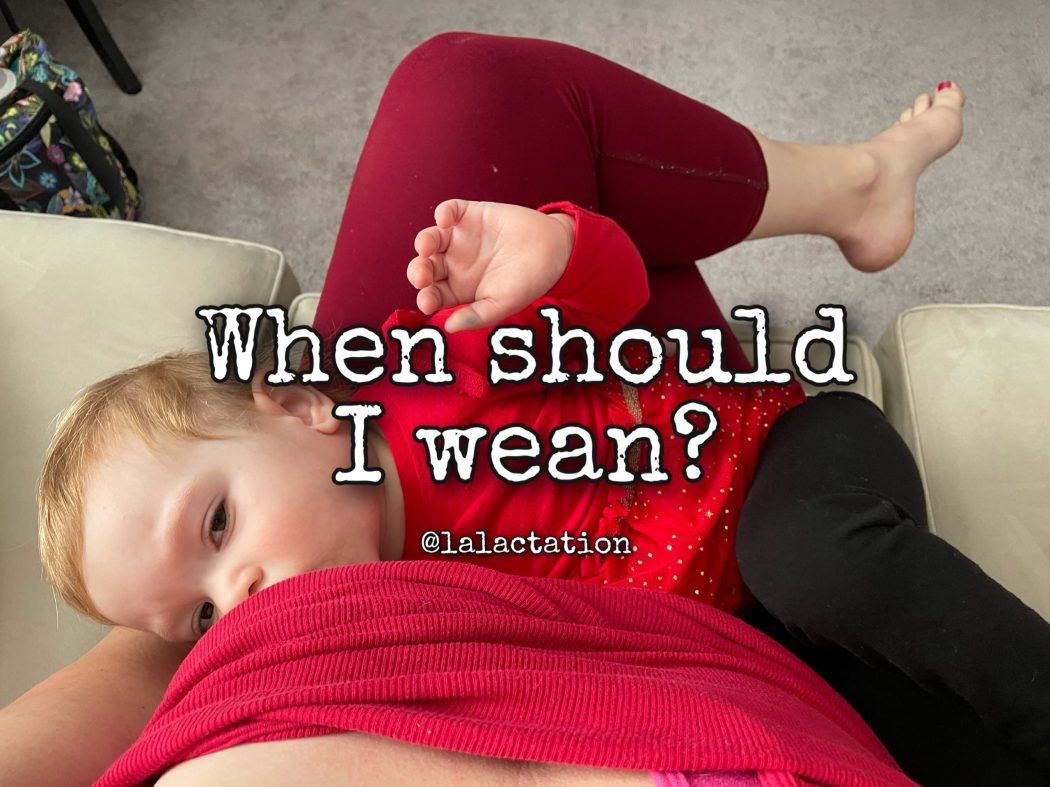Deciding to wean your child is a choice only you can make. Some people make it for medical reasons. Some make it because they have to go back to work. Some make it because they simply are done with nursing. Whatever the reason, it is that person’s and that person’s alone.
If you decide to wean, here are some tips for gentle weaning:
⭐️ Start at a time when your baby has already naturally started to wean, i.e. only a quick snack before nap? Try cutting that out first. Waking up at 2am just to pacify to sleep? Maybe that one would be a good one to cut out first.
⭐️ Offer water in an open cup as an alternative.
Don’t offer, don’t refuse
⭐️ Wear clothing that makes accessing the breast/chest more difficult.
⭐️ Distract child with favorite activities or offer alternatives like a favorite snack
⭐️ Change your routine
⭐️ Postpone: “Let’s wait until after dinner” “After we play with the blocks”
⭐️ Shortening the length of feeding or strategically distracting baby when they want to nurse can help
⭐️ Talk to your baby and let them know how you are feeling, why you need to wean, and that you understand their feelings. Older children (2 years and up) can be part of the process by talking to them about what is happening.
⭐️ Be consistent – this is a hard one but it can be even more confusing to your baby if you allow them to nurse one time and not the next.
⭐️ Offer lots of cuddles, hugs, kisses. For some babies, this is a hard time. Your breast/chest is more than just food but also a great source of comfort. Showing them you are still a source of that comfort despite not nursing is incredibly important.
There will be tears, mostly likely from both of you. Some children decide on their own that they are done but it often doesn’t make it any easier for parents. Know that if you feel like it is time to wean then you are making the right decision. Also be prepared that some may experience mood changes and feelings of depression when weaning as your oxytocin and other hormones are dropping to stop milk production.
Tips for weaning under one:
Sometimes, it is necessary to wean a baby under one. Physical and mental health of the birthing person, medical situations, or a number of valid reasons can be the cause for needing to wean under one.
👍🏼 Aim for slow and steady to ensure breast/chest health and you/your baby’s emotional readiness
👍🏼Prepare for potential “booby blues”. Hormones shifts during weaning can make you feel a whole range of emotions.
👍🏼If you’re ready to wean but your baby isn’t, the process may be two steps forward one step back as you dance and compromise with your baby.
